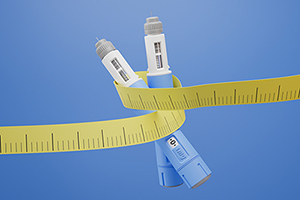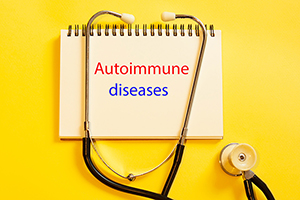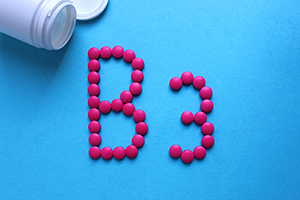



| By Dr. David Perlmutter
This article originally appeared on Dr. Perlmutter’s website.
New and exciting research is revealing a strong connection between our mood and the various bacteria that live within our intestines. This is certainly a sobering notion. Think of it: the bacteria living within the digestive system are, to some degree, involved in determining whether we are happy, sad, anxious or even depressed.
 In a new study published in the peer-reviewed journal, Brain, Behavior and Immunity, researchers in the Netherlands explored the idea that changing the array of gut bacteria by giving a multispecies probiotic supplement could have an effect on mood. The study provided the probiotic for a 4-week period to 20 healthy individuals, none of whom had a mood disorder. A similar group of 20 individuals received a placebo over the same period. At the conclusion of the study, both groups underwent an evaluation to determine their reactivity in terms of cognitive function to sad mood. This is a fairly standard research tool that assesses depression.
In a new study published in the peer-reviewed journal, Brain, Behavior and Immunity, researchers in the Netherlands explored the idea that changing the array of gut bacteria by giving a multispecies probiotic supplement could have an effect on mood. The study provided the probiotic for a 4-week period to 20 healthy individuals, none of whom had a mood disorder. A similar group of 20 individuals received a placebo over the same period. At the conclusion of the study, both groups underwent an evaluation to determine their reactivity in terms of cognitive function to sad mood. This is a fairly standard research tool that assesses depression.
The researchers demonstrated a significant reduction in the degree change in terms of cognitive reactivity to sad mood in the group receiving the probiotic in comparison to placebo:
… which was largely accounted for by reduced rumination and aggressive thoughts.
And the authors concluded:
These results provide the first evidence that the intake of probiotics may help reduce negative thoughts associated with sad mood. Probiotics supplementation warrants further research as a potential preventive strategy for depression.
The exact mechanisms that relate improvement in mood to the consumption of probiotics were not specifically presented in this data. But what we do know is that the gut bacteria regulate several factors that do influence our state of mind. First, the microbiota living within the intestines play a large role in creating the various neurotransmitters that have a significant effect on mood, and these include chemicals like serotonin and dopamine. Second, the gut bacteria regulate the level of inflammation throughout the body and including the brain. The chemical messengers of this process, cytokines, are known to be significantly involved in mood and how we perceive the world around us.
But what is unique about this research is that it is interventional. This means that rather than observing how differences in gut bacteria may relate to mood, this research actually made a change in the array of organisms living within the test subjects and then observed the changes in mood as described above. As such, probiotic intervention could be looked upon as representing an actual medical treatment. We might soon be giving bacteria to treat mood disorders!
Though we think of declining estrogen as the hallmark of menopause, it's actually common for…

Up to 12 percent of Americans have ulcers at some point in life. Peptic ulcers…
Gallbladder disease is a modern illness. An estimated 20 million Americans have gallbladder disease. The…

New, more powerful weight loss drugs: Drugs like Wegovy, Rybelsus, Ozempic and Mounjaro/Zepbound are revolutionizing…

According to the Lancet, autoimmune disease affects one in ten people globally and it’s now…

This past week we were regaled with headlines like: High levels of niacin may increase…

Leyla Weighs In: The Erosion of Trust in Nutritional Research

Our virtual voicemail is open 24/7, so there's no need to wait to submit your questions for Dr. Hoffman. Leave a message, and you may hear your question featured on the Intelligent Medicine radio program!